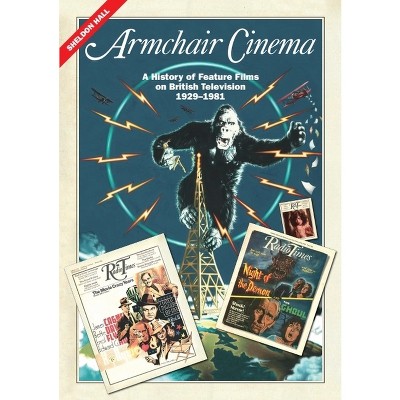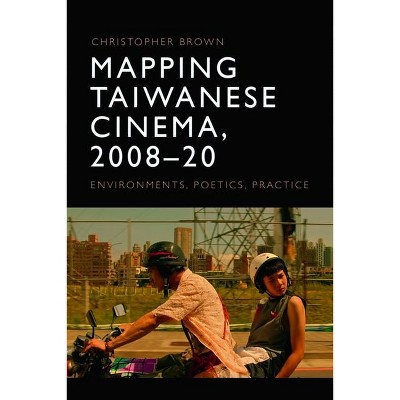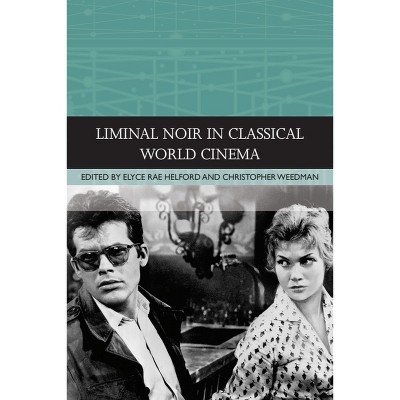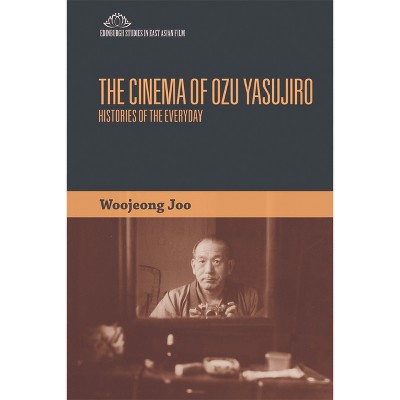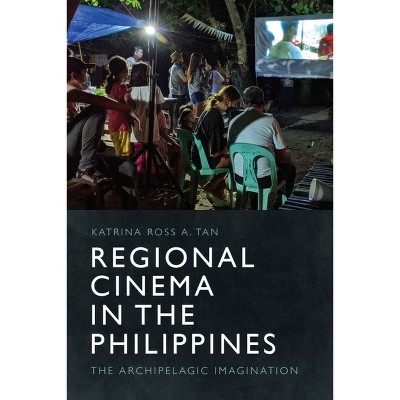About this item
Highlights
- For all its familiarity as a widely used term, "Kafkaesque cinema" remains an often-baffling concept that is poorly understood by film scholars.
- Author(s): Angelos Koutsourakis
- 320 Pages
- Performing Arts, Film
Description
About the Book
Argues that Kafkaesque cinema is a critical category that can enable us to consider the interconnections between historical events, politics and aesthetics in films across the globe.Book Synopsis
For all its familiarity as a widely used term, "Kafkaesque cinema" remains an often-baffling concept that is poorly understood by film scholars. Taking a cue from Jorge Luis Borges' point that Kafka has modified our conception of past and future artists, and André Bazin's suggestion that literary concepts and styles can exceed authors and "novels from which they emanate", this monograph proposes a comprehensive examination of Kafkaesque Cinema in order to understand it as part of a transnational cinematic tradition rooted in Kafka's critique of modernity, which, however, extends beyond the Bohemian author's work and his historical experiences. Drawing on a range of disciplines in the Humanities including film, literary, and theatre studies, critical theory, and history, Kafkaesque Cinema will be the first full-length study of the subject and will be a useful resource for scholars and students interested in film theory, World Cinema, World Literature, and politics and representation.
Review Quotes
In times when references to the Kafkaesque have become inflationary, Angelos Koutsourakis provides a much-needed re-examination of this term. The scope of his study, which covers global cinema from the 1920s to the present day, is hugely impressive, but crucially, this is not a straightforward reception history. By widening the definition of the Kafkaesque to include Kafka's cinematic precursors as well as his successors, he deftly shows how this concept can be mobilised in a critical capacity, highlighting film's pivotal role at the intersections of aesthetics, politics and history.
--Professor Carolin Duttlinger, The University of OxfordAngelos K is guilty ... of writing a standout book uncovering the widespread influence of the Kafkaesque on cinema. Remarkable in its insightful originality, Koutsourakis's engaging analysis skillfully demonstrates how the Kafkaesque perpetually (re-)emerges in film history to critique the historical contradictions of modernity and its attendant crisis of liberalism. This compelling thesis is deftly woven through a wide range of fascinating examples, as historically rich as they are geographically surprising. The refreshing and unique take on global political cinema found herein is thus a mental salve for a contemporary era of overwork and alienation - conditions which Kafka knew only too well. That is what makes this a must-read book, as it may be all that can save us from waking up to find we have suddenly metamorphosed into giant cockroaches.--Professor David Martin-Jones, The University of Glasgow
Kafkaesque Cinema is impressively erudite and develops an original argument about the transnational impact of Kafka's writings on cinema, bringing to light hitherto neglected relations, interconnections and long-lasting legacies.--Jury "The Janovics Center Award for Outstanding Humanities Research in Transnational Film and Theatre Studies"
Shipping details
Return details
Trending Non-Fiction







